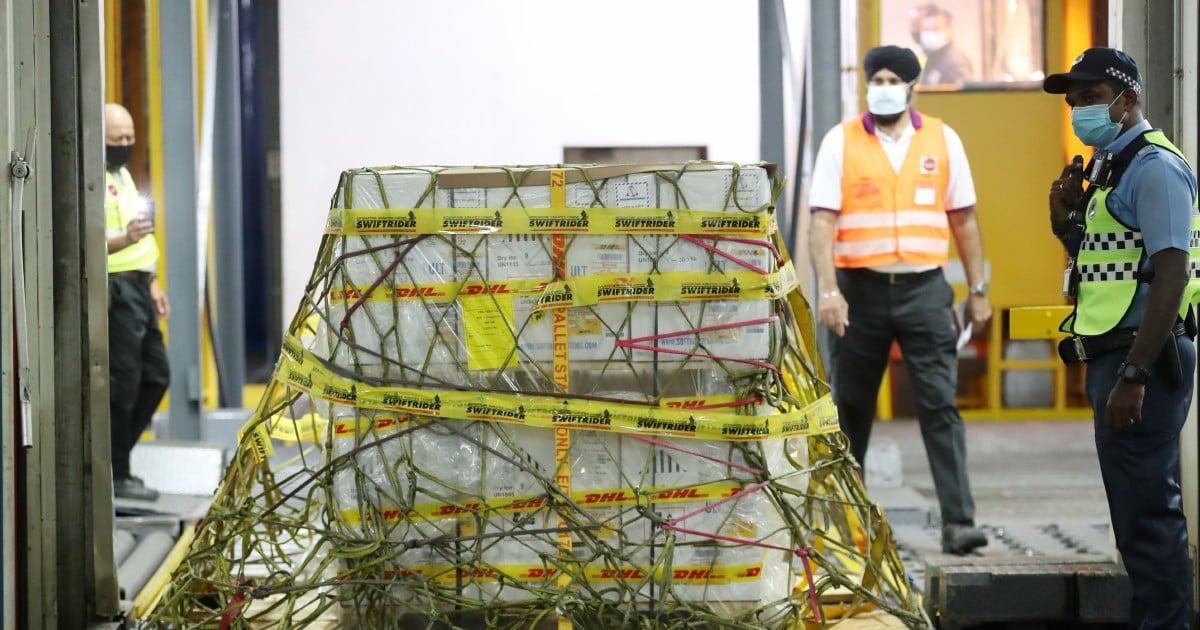Vaccine Transport Carrier Market Intelligence Highlighting Technological Advancements, Competitive Insights, and Global Opportunities

The vaccine transport carrier market is an essential element of global healthcare logistics, ensuring that vaccines maintain efficacy from manufacturing sites to administration points. Market intelligence offers valuable insights into the current landscape, emerging trends, competitive dynamics, and opportunities for growth, enabling stakeholders to make informed decisions and improve supply chain efficiency.
One of the most critical aspects of market intelligence is tracking technological advancements. Modern vaccine transport carriers integrate IoT-enabled sensors, GPS tracking, and real-time temperature monitoring, allowing for precise control of cold chain conditions. These smart technologies reduce vaccine spoilage, improve regulatory compliance, and enhance operational efficiency. AI-driven predictive analytics and route optimization further streamline logistics operations by identifying potential delays and improving delivery accuracy.
Competitive intelligence is another key element shaping market strategy. Understanding the activities, offerings, and innovations of leading players helps companies differentiate themselves through technology, service quality, and operational reliability. Market intelligence highlights areas where competitors are investing, such as modular carriers, energy-efficient solutions, and digital tracking systems, enabling informed strategic decisions for market entry or expansion.
Regulatory compliance insights are crucial for effective operations. Vaccine transport carriers must meet stringent global and regional standards for temperature-controlled transport, handling, and storage. Market intelligence identifies evolving regulatory requirements and compliance best practices, allowing companies to reduce risks, maintain certifications, and build trust with governments, healthcare providers, and non-governmental organizations.
Global demand and market growth trends are also part of intelligence analysis. Rising immunization programs, new vaccine introductions, and population growth are driving increased requirements for reliable cold chain solutions. Understanding demand patterns across regions allows logistics providers to optimize fleet deployment, resource allocation, and supply chain planning to meet fluctuating needs effectively.
Infrastructure and last-mile delivery insights are critical for ensuring equitable vaccine access. Market intelligence identifies challenges in remote or underserved regions, such as poor road networks, limited electricity, or inadequate storage facilities. Solutions like portable refrigeration units, solar-powered carriers, and modular transport systems help overcome these barriers and ensure vaccines maintain their efficacy during transit.
Sustainability and environmental considerations are increasingly relevant to market intelligence. Stakeholders are monitoring the adoption of eco-friendly packaging, energy-efficient refrigeration systems, and reusable carriers to assess both operational efficiency and environmental impact. Companies that integrate sustainable practices are better positioned to meet global green initiatives, reduce costs, and enhance stakeholder credibility.
Strategic partnerships and collaborations also factor into market intelligence. Alliances between pharmaceutical manufacturers, logistics providers, government agencies, and NGOs optimize supply chains, improve last-mile delivery, and enhance overall operational efficiency. Intelligence on partnership trends helps organizations identify potential collaborators and expand their global reach.
Workforce and operational capability insights are another crucial component. Market intelligence highlights the importance of trained personnel for handling temperature-sensitive vaccines, operating advanced technologies, and ensuring compliance with regulations. Well-trained teams improve operational reliability, reduce errors, and facilitate rapid scaling during emergencies or large-scale immunization campaigns.
In conclusion, vaccine transport carrier market intelligence encompasses technological advancements, competitive analysis, regulatory compliance, global demand, infrastructure challenges, sustainability, strategic partnerships, and workforce development. Leveraging this intelligence enables stakeholders to optimize operations, improve vaccine distribution efficiency, mitigate risks, and capitalize on emerging opportunities in the global cold chain landscape.
- Art
- Causes
- Crafts
- Dance
- Drinks
- Film
- Fitness
- Food
- الألعاب
- Gardening
- Health
- الرئيسية
- Literature
- Music
- Networking
- أخرى
- Party
- Religion
- Shopping
- Sports
- Theater
- Wellness


